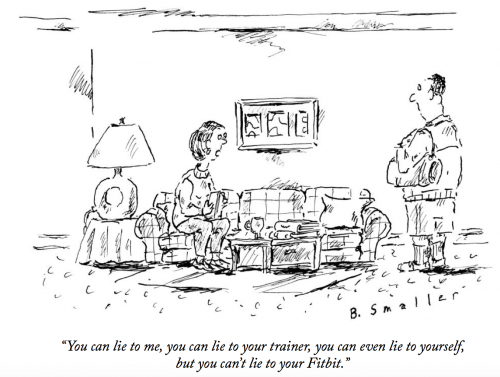So much gold in Mary Karr’s new The Art of Memoir. We have a full review coming soon, but for the time being, I thought I’d post a favorite section from the chapter entitled “Blind Spots and False Selves”. (Almost all the chapter titles are ridiculously enticing, e.g. “Interiority and Inner Enemy–Private Agonies Read Deeper Than External Whammies”, “The Road to Hell Is Paved With Exagerration” and “Sacred Carnality”, the last of which was just published as a stand-alone essay in The New Yorker). The context here has to do with the conflict all writers/humans face with various internalized imperatives about Who You Should Be and/or Become. The stakes, it turns out, are as high as the anthropology is low. Yet, as Karr herself has told us before, God is in the truth. Or, as Thornton Wilder’s Angel so memorably asks, “Without your wound, where would your power be? It is your very remorse that makes your low voice tremble into the hearts of men”. The video at the bottom is amazing too:
Any memoirist’s false selves (plural) will take turns plastering themselves across his real mouth to silence the scarier fact of who he is… False choices based on who you wish you were will result in places where the voice goes awry or the details chosen ring false…
No matter how much you’re gunning for truth, the human ego is also a stealthy, low-crawling bastard, and for pretty much everybody, getting used to who you are is a lifelong spiritual struggle. Start trying to bring yourself to the page, and fear of how you’ll come off besets even the most forthright. The best you can hope for is to rip off each mask as you find it blotting out your vision.
We each nurture a private terror that some core aspect(s) of either our selves or our story must be hidden or disowned. With every manuscript I’ve ever edited–even grown-assed writers’–the traits a writer often fights hardest to hide may serve as undeniable facets both of self and story. You bumble onto scene that blow up fond notions of the past, or whole shifts in attitude practically rewrite you where you stand…
Maybe it takes a lifetime to get used to occupying your own body, writer or no. Self-deceit is the bacterium affecting every psyche to varying degrees, especially in youth. We like to view ourselves a certain way… We want to be who we’re not. The badass wants to be a saint, the saint a slut, the slut an intellectual in pince-nez glasses…
Writing the real self seldom seems original enough when you first happen on it. In fact, usually it growls like a beast and stinks of something rotten. Age and practice help you to rout out vanities after you’ve ruined perfectly good paper setting them down, but you can’t keep them from clotting up early drafts…
Even this book tricked me. You’d think–after three memoirs and thirty years of teaching–I’d have inoculated myself against posing as somebody other than this damn self I’m stuck with. But the same deluded fear interferes at some point with pretty much every book I write.

COMMENTS
Leave a Reply













